These European personalities made a change, moved us forward and left footprints in the European history with their innovative ideas and visions. Who would be your role model?
Šis turinys Lietuvių kalba kol kas neparengtas

Šis turinys Lietuvių kalba kol kas neparengtas
These European personalities made a change, moved us forward and left footprints in the European history with their innovative ideas and visions. Who would be your role model?
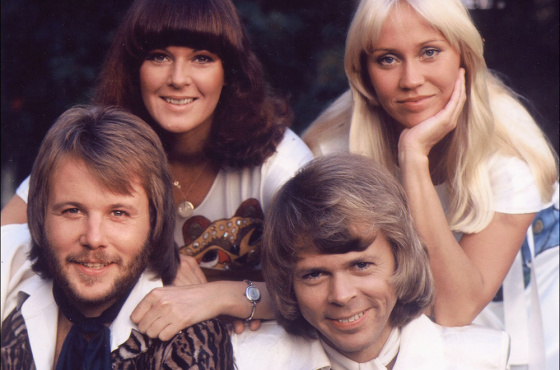
Formed in Stockholm in 1972, ABBA have sold millions of disco records worldwide. The synth-heavy four-piece won Eurovision in 1974 with their song Waterloo. Named after the two singer/composer couples - Agnetha, Björn, Benny and Anni-Frid - the pop maximalists dominated the charts in the 1970s and 80s, and provided the inspiration for the Mamma Mia! musical and subsequent film.
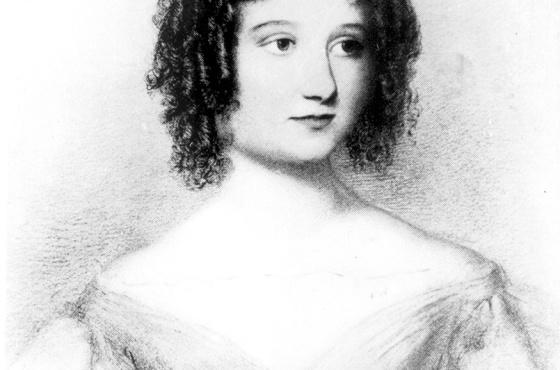
The British mathematician Ada Lovelace (1815-52) is recognised as the first computer programmer. Her magnum opus is an academic paper on a computer dubbed the ‘Analytical Engine’, which was never built. But her work as a visionary, from conceptualising a flying machine at age 12, to writing the first algorithm to be carried out by a machine, is still recognised today.
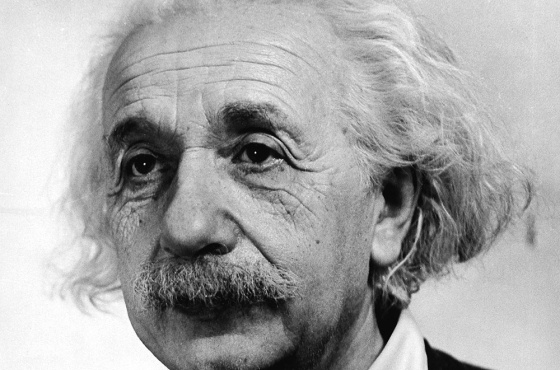
An all-time great scientist with the wit to match, German theoretical physicist Albert Einstein (1879-1955) developed elemental theories – Special and General Relativity – that transformed views on the nature of space-time. Over 100 years later, the gravitational waves caused by the collision of two neutron stars reached Earth and confirmed his predictions.
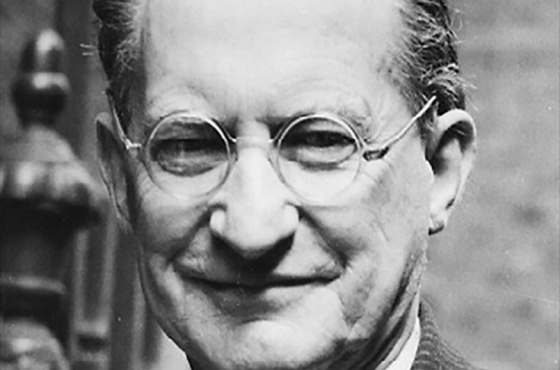
Post-war Italy’s Prime Minister Alcide De Gasperi (1881-1954) was a founding father of the EU: ‘Europe will exist, and none of the happiness of each nation will be lost’. Born in the Italian minority in South Tyrol, he studied in Vienna and campaigned actively for European unity. Imprisoned by the fascists, he later founded the Italian People’s Part.
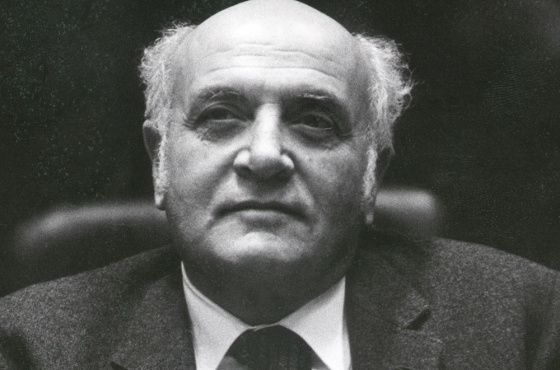
The 16 years that Altiero Spinelli (1907-86) spent imprisoned by Italian fascists did not break his spirit. From the island prison, the bold communist became the ‘prophet’ or ‘godfather’ of the EU, influencing many major treaties. The MEP’s dream of a superstate began to take shape after the Second World War, when he created a European federalist movement in Italy.
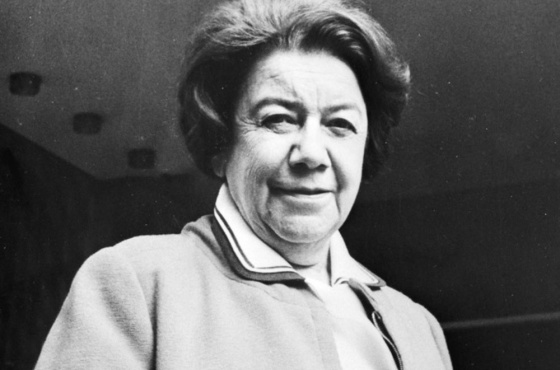
It sounded like a fairy tale and travellers worldwide convened in Bucharest to find the secret to eternal youth. Crucial to the development of gerontology, Ana Aslan (1897-1988) was hunted out by the likes of de Gaulle, Salvador Dali and Charlie Chaplin for her anti-ageing wonder drug. The visionary Romanian biologist and physician founded the world's first Institute of Geriatrics - and lived to age 91.
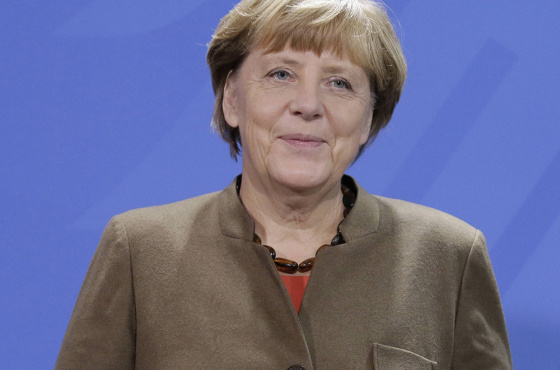
Any Germans born in 2005 will have known only one Chancellor - Angela Merkel (born 1954). The Christian Democrat and former chemistry scientist was raised behind the Berlin Wall in East Germany. As Europe’s longest serving leader, she has taken a leading role in addressing its current challenges. She was awarded the Charlemagne Prize in 2008 for her work to unite Europe. She is affectionately known as 'Mutti’.
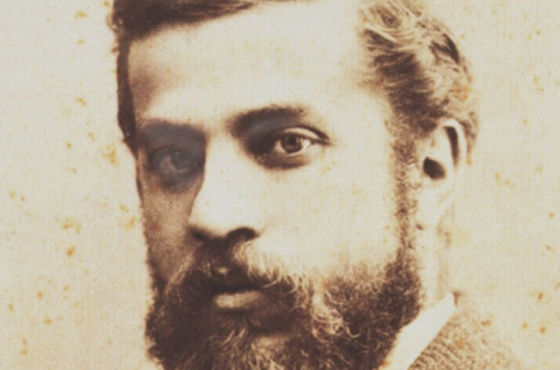
Visceral, extravagant and transcendent, seven of architect Antoni Gaudí i Cornet’s (1852-1926) works are UNESCO World Heritage Sites. Raised in Barcelona, work on the Catalan Modernist’s imposing Sagrada Família cathedral is still unfinished. Be they asymmetrical facades or mosaic-encrusted parks, his work is both personal and eclectic.
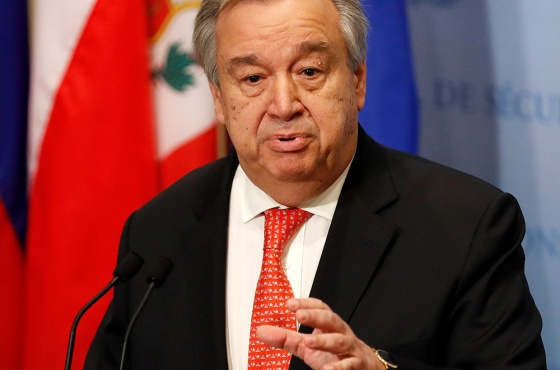
As prime minister of Lisbon, António Guterres (born 1949) reportedly visited slums near Lisbon to teach children maths. The engineering lecturer joined the Socialists after the dictatorship ended in 1974, and was later UN Commissioner for Refugees and president of the EU Council. Currently serving as UN Secretary-General, Guterres is keen on promoting social responsibility.
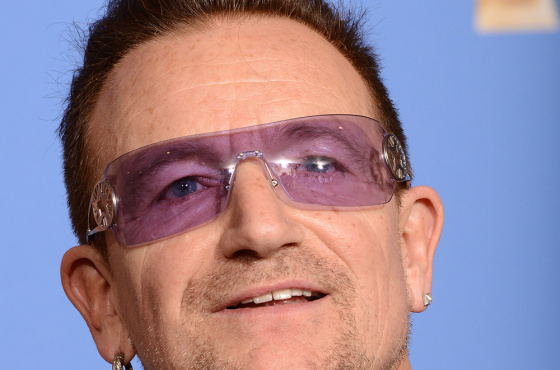
Paul David Hewson (born 1960), better known as Bono, is the frontman of one of Europe’s most famous bands, U2, and a committed social activist and entrepreneur. His ‘ONE’ campaign actively advocates debt relief to eradicate poverty in Africa, as well as aiming to raise awareness of HIV. He also runs EDUN – a fair trade clothing company. For his civic engagement he was nominated for the Nobel Peace Prize twice, and in 2005 was named one of the Time ‘Persons of the Year’.
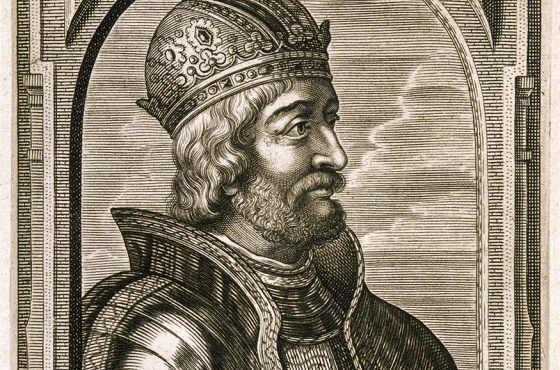
Despite the Byzantines in the east, the Pope in the south and warlords everywhere, it was the ambition of Charlemagne, or Charles the Great (742-814), to unite much of Western Europe. The ‘founder of Europe’ and Emperor of the West, this legendary Frankish king used military tactics to expand Europe as we know it. He realigned modern Belgium, Luxembourg, France, Germany, the Netherlands, northern Italy and Spain.
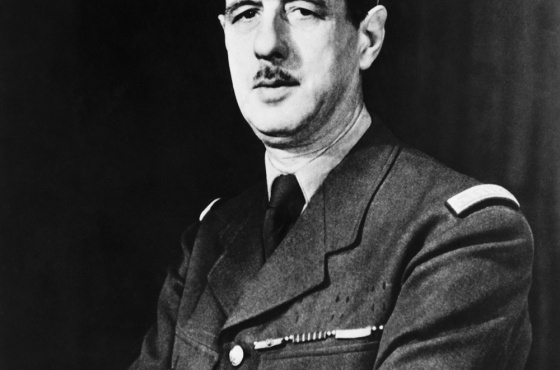
With his ideology of ‘Gaullism’, Charles de Gaulle (1890-1970) fought in World War I, but went into exile during World War II, leading the Free French from London. In 1959 he became the first president of the Fifth Republic. He supported the idea of a Free United Europe and built Franco-German cooperation, the cornerstone of the European Economic Community.